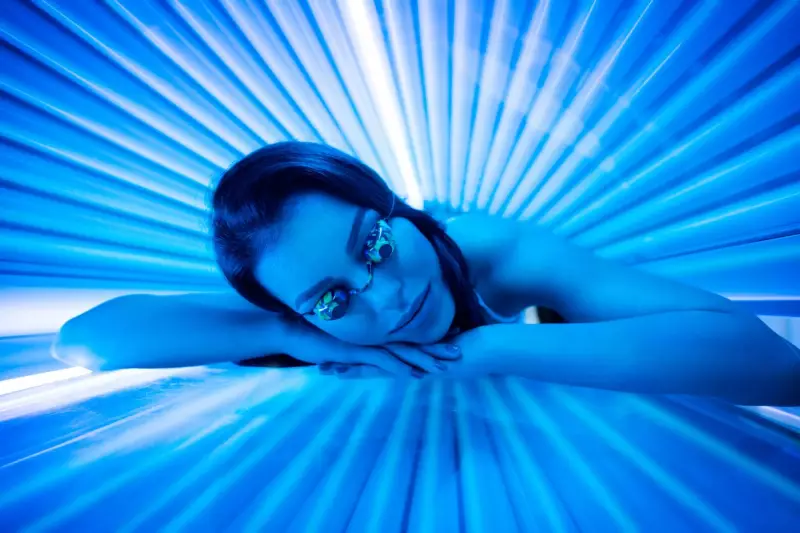
In a groundbreaking move for public health, authorities across the United Kingdom are implementing sweeping bans on commercial sunbeds, responding to mounting evidence linking artificial tanning to skyrocketing skin cancer rates.
The Hidden Dangers of Artificial Tanning
Medical experts have long warned that sunbeds pose a severe health risk, with studies showing they can be more dangerous than natural sunlight. The intensity of UV radiation emitted by some tanning beds exceeds that of the midday Mediterranean sun, dramatically increasing users' risk of developing melanoma – the deadliest form of skin cancer.
Why This Ban Matters Now
Skin cancer rates in the UK have reached alarming levels, with melanoma cases increasing faster than any other common cancer. The ban comes as health officials report rising numbers of young people diagnosed with skin cancer, many of whom regularly used sunbeds.
Key factors driving the legislation include:
- UV radiation from sunbeds is classified as carcinogenic to humans
- Regular sunbed use before age 35 increases melanoma risk by 75%
- Growing concerns about beauty industry practices targeting young adults
- Significant burden on the NHS from treating preventable skin cancers
What the Ban Means for Consumers and Businesses
The new regulations will effectively remove commercial sunbeds from beauty salons, gyms, and leisure centres nationwide. Establishments found violating the ban face substantial fines and potential closure.
Health advocates are celebrating the move as a crucial step toward protecting vulnerable populations, particularly young adults who may not fully understand the long-term consequences of artificial tanning.
Safer Alternatives for Sun-Kissed Skin
As sunbeds disappear from high streets, consumers are turning to safer options. Spray tans and self-tanning products have seen a surge in popularity, offering sun-free bronzing without the cancer risk. Dermatologists recommend these alternatives while emphasising that no tan is completely safe – embracing natural skin tones remains the healthiest choice.
The UK joins several other nations that have already implemented similar restrictions, positioning itself at the forefront of global skin cancer prevention efforts.





